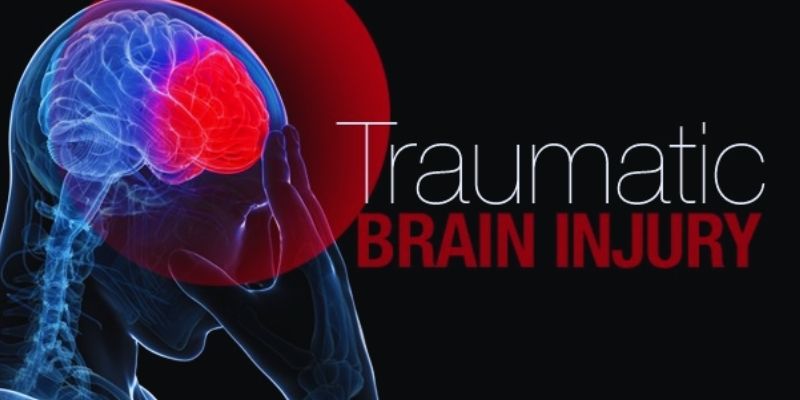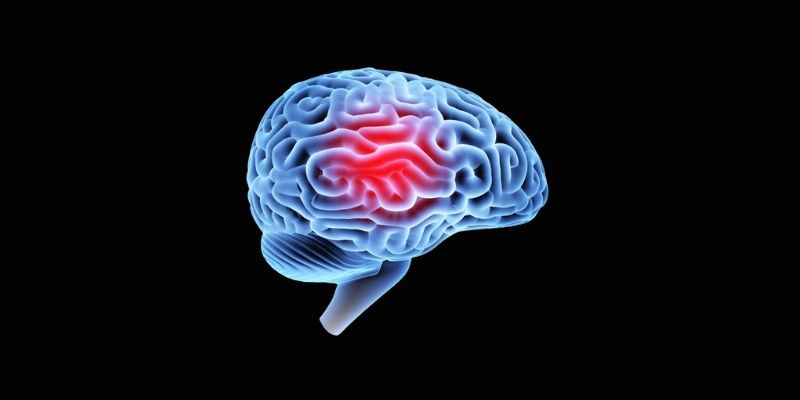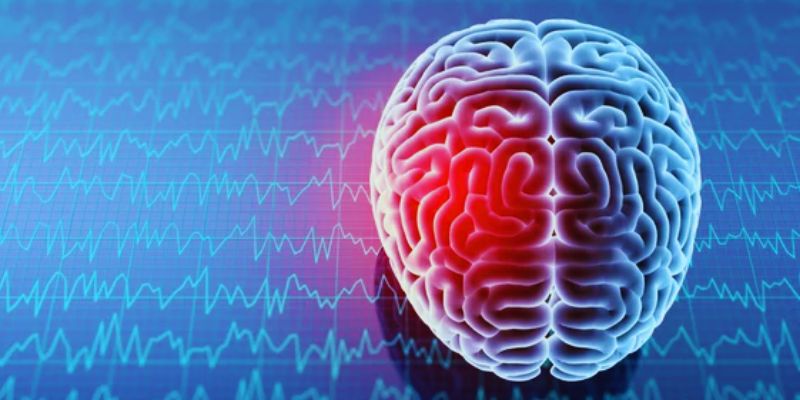Traumatic brain injuries can happen after falls, car crashes, or violent hits to the head. They may seem minor initially, but symptoms often worsen over time. Ignoring early warning indicators can cause major long-term problems. Understanding the main indicators of brain damage ensures fast and efficient treatment. Vision problems, confusion, or headaches can point to damage requiring quick attention.
Even mild brain damage affects memory, mood, and thinking. Catching symptoms early protects brain function. The symptoms of traumatic brain injuries should be known by families, caregivers, and victims as well. Early care reduces future risks and boosts recovery chances. Identifying indicators early leads to a better outcome.

Headache and Dizziness :
One obvious indication of brain damage is a headache that is either consistently bad or getting worse. It may begin mildly but worsens over hours or days. Often accompanying dizziness is difficulty staying steady or walking straight. Some, particularly when standing, feel lightheaded or faint. Along with them, nausea or vomiting could arise. These go beyond just stress or tiredness. They show the brain isn't functioning properly. Deeper injury is associated with loss of coordination, which can be lethal. Watch closely if balance issues linger following an injury.
One should never dismiss sudden or severe head pain. It usually refers to bleeding inside or internal pressure. Feeling confused or dizzy days after a collision signals a serious warning. These warning signals of brain damage point to a medical examination required. Early reaction to such symptoms helps to guarantee timely treatment and recovery and helps prevent further damage.
Memory Loss and Confusion:
A common outcome of brain injuries is short-term memory loss. Victims might forget recent events. They may not know about the damage or repeat questions. Confusion comes and passes, usually showing itself as trouble concentrating. These symptoms impair judgment and disrupt daily activities. People could find themselves lost in known locations or have difficulty with communication. Simple chores or following directions gets difficult. Emotional responses that seem wrong could include erratic mood swings or irritation.
Memory problems go beyond mere forgetfulness. They point to areas of the brain that may be damaged and need attention. A big danger indication is confusion mixed with cloudy thinking. Before the person does, family and friends usually see these changes. Usually, memory and concentration issues indicate the brain is under stress. See a doctor if these problems linger for more than a few hours. Early recognition of important indicators of brain damage increases chances for recovery, improves recovery chances, and prevents complications.

Vision and Sensory Changes:
Often, following brain damage is blurred vision or difficulty focusing. Others have sensitivity to light or double vision. These problems could strike quickly or develop over time. Eyes could strain or find it difficult to adjust to brightness. Sounds may seem uncomfortably loud or overwhelming. Still, another frequent problem is ringing in the ears. Changes in taste or smell may occur suddenly. Sensual changes suggest the brain is having trouble processing data. Particularly when coupled with headaches, they might cause discomfort or anxiety.
Pain could cause people to shun light or noise. Visual or sensory problems are not only little irritations. They point to more intense brain engagement. Loss of depth perception or eye-tracking problems have to be prioritized. Treatment delays could cause lifelong damage. Early identification of symptoms of traumatic brain injuries improves management and available therapy choices. After a head trauma, always document these symptoms.
Mood Swings and Behavioral Changes:
One of the earliest indicators of brain damage is often mood swings. One could get enraged or start crying without thinking through it. Many times, following an accident, sudden depression or anxiety results. These emotional swings perplex the afflicted person as well as their loved ones. Risky behavior or impulsive acts could become more common. Poor decisions arise from inadequate judgment. Common and disturbing are personality changes. A calm person could become hostile or withdrawn.
Another important symptom that is mostly unreported is irritability. These changes indicate damage to areas of the brain regulating emotions. Behavioral changes do not always come straight away. Days or weeks later, they can show up. Families should be on alert for odd behavior or mood swings. The harmed person can deny that anything is wrong. One should not overlook sudden emotional turmoil. It highlights more serious issues that need attention. Early recognition of warning signals of brain trauma results in speedier treatment and a better course of recovery.
Sleep Disturbances and Fatigue :
Often following a traumatic brain injury are unusual sleep patterns. While some people have trouble sleeping at all, others sleep too much. Daytime tiredness gets intolerable even with rest. Keeping aware or awake throughout regular hours gets difficult. These symptoms go beyond normal tiredness. They draw attention to the altered brain activity. Furthermore, possible are restless sleep or nightmares. People could wake up startled or puzzled.
Common are difficulties falling asleep or staying asleep. A drop in energy levels influences daily activities. Tiredness slows healing and can make other problems worse. It is mentally weary as well, not only physically. Brain fog and less drive could start to show. Many times, emotional and cognitive issues are related to sleep problems. Ignoring them hinders healing. Proper sleep is essential for brain recovery. Always stress variations in sleep following an accident. These are severe symptoms of traumatic brain injuries and demand correct diagnosis and treatment.
Conclusion:
Recognizing the major signs of brain injury is crucial after any blow to the head. Often pointing to major difficulties are headaches, memory problems, mood changes, and seizures. Ignoring early symptoms could result in delayed healing or lifelong damage. Families and friends should always be vigilant for any odd developments. Getting aid fast lowers complications and improves results. Wait not for symptoms to get worse. See a doctor for any conceivable symptoms of traumatic brain injuries. Timely treatment ensures the best recovery course and guards long-term brain health and quality of life.












